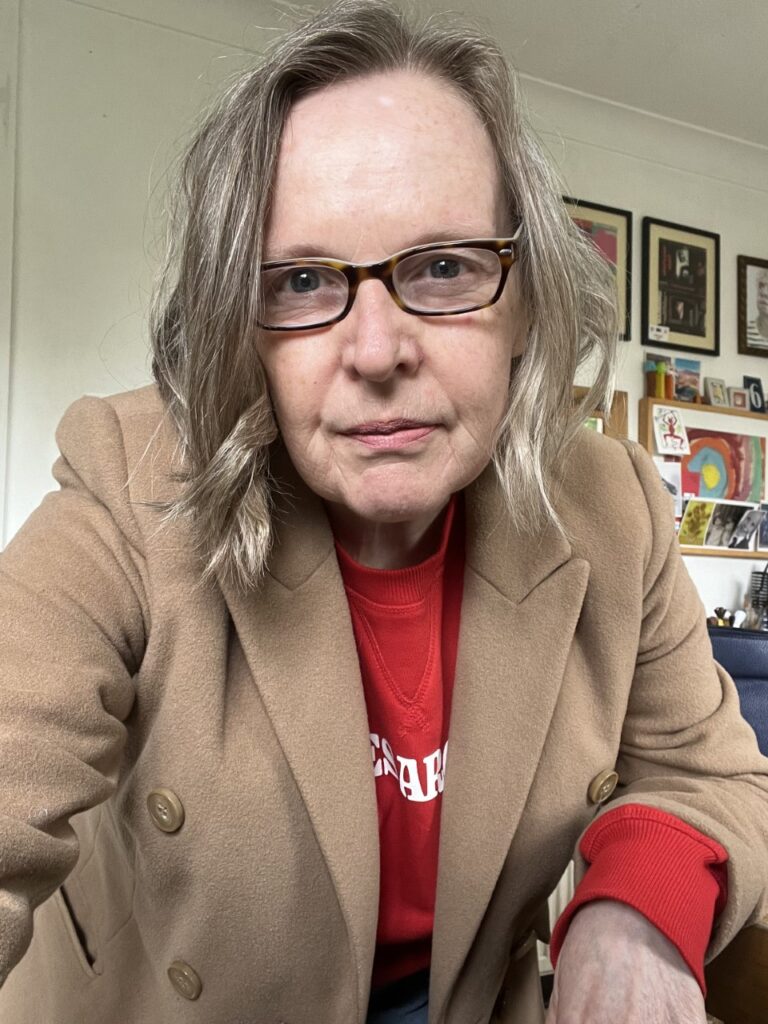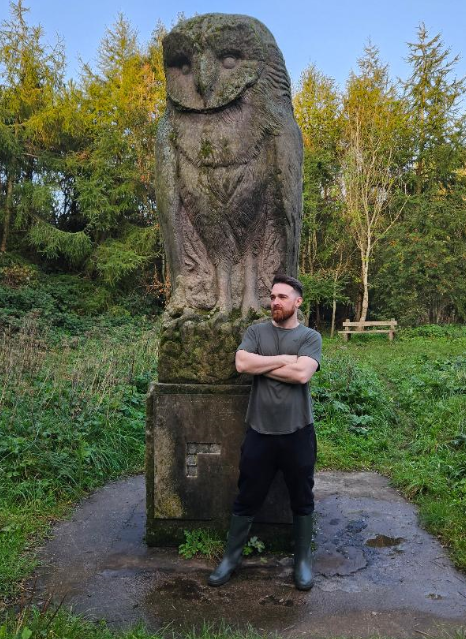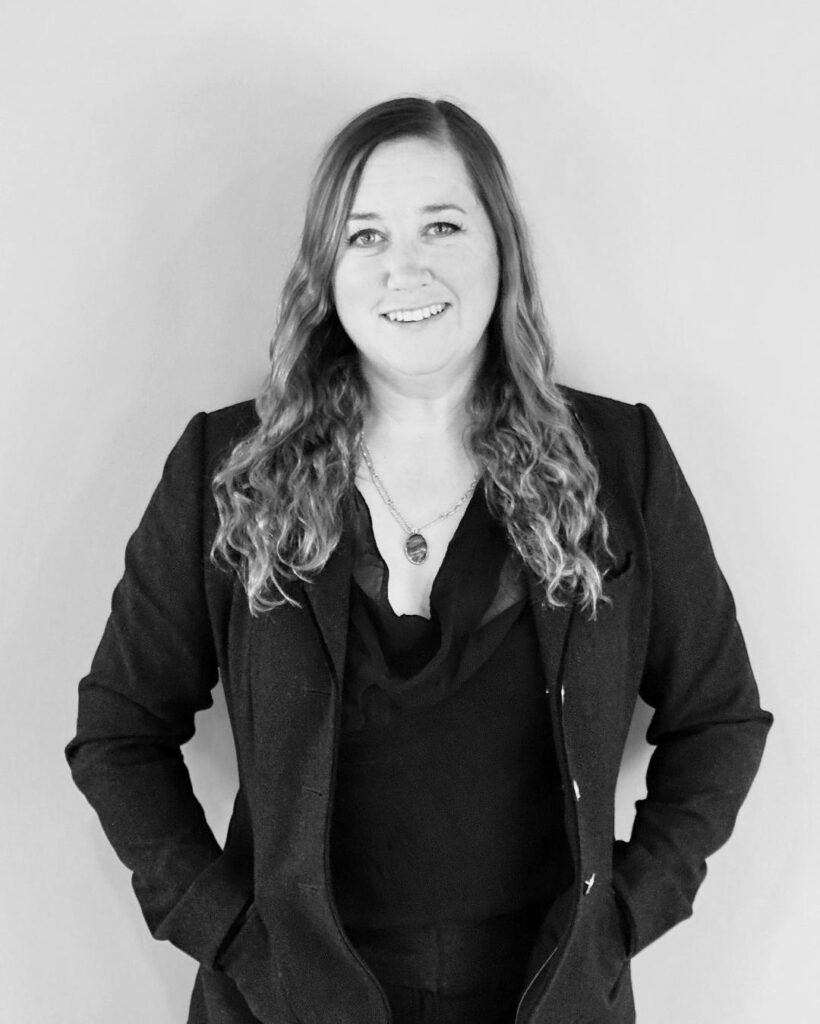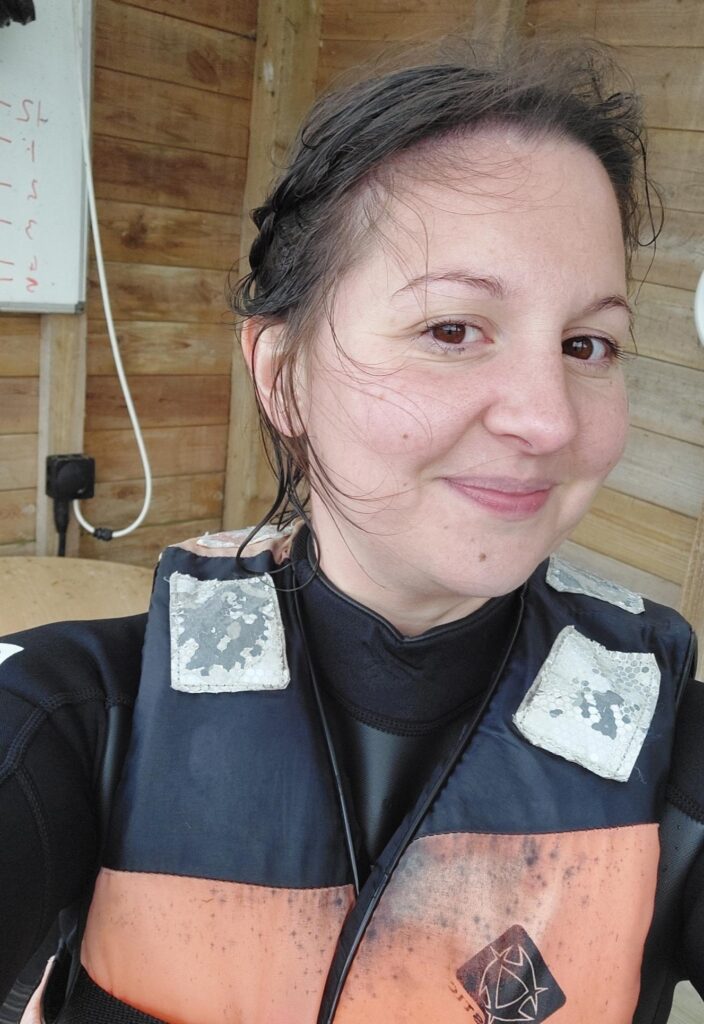
Jo Albin-Clark, Nick Lomax, Nic Pearce, Sam Widdup.
Recently we shared some research about a child’s right to play at an educational conference from our position as tutor and students involved in the MA Education Early Years at Edge Hill University. This research area is close to all our hearts because it is about teachers’ making time and space for young children to be autonomous and playful. It echoes many of the modules that are taught at Edge Hill, and is captured in the research network Children’s Rights and Wellbeing Research Network.
Jo often collaborates with Dr Nathan Archer in this shared interest. We research and write together about how teachers and educators make things happen through acts of resistance. Play is becoming increasingly marginalised in early childhood education where schools and settings feel the pressure of standardisation agendas. How teachers navigate issues such as metric fixation, datafication and accountability narratives is a growing body of research. Our recent paper connects how teachers make space for play and we positioned that as an enactment of educational justice.
Because conferences can be quite formal in tone, it made sense to invite some MA students to share how they have thought with theories about play and rights in their practice and own scholarly enquiries. Hearing about how play happens is a joyful thing to share and here are three small stories of play taking different forms:
Nick’s play story: When considering the curriculum requirement that children should be able to compose a sentence orally before writing it, we wondered if our children were actually capable of this. After some discussion, we realised that our children were not ‘composing’ their own writing but mirroring the words, phrases and perspectives that we had put upon them as teachers. We felt as though the children’s own voices and opinions were not being represented in their work so we devised ways that would allow them to play with, explore and generate stories in their own way. What happened was a subversion of the formal regime of Key Stage 1 literacy with a coup of playful learning.
Nic’s play story: When I think of a child’s right to play, I think of the right to access developmentally appropriate and neurologically stimulating methods of play, and to me that means Risky Play. Risky Play can often be defined as characteristics of how or where children play – at heights or speed and can be defined as thrilling and exciting forms of play. It has multiple benefits and is associated with children’s wellbeing, involvement, and physical activity as well as improved abilities to perceive and assess risks in day-to-day life. As children experiment with what their bodies can do, they gain confidence and intuition about what is, and isn’t manageable and safe. I have found in my MA dissertation that Risky Play leads to increased social interactions, creativity, resilience, and decreased aggression.
Sam’s play story: When I observe and ‘step back’ from a child, I get the privilege of just seeing them ‘be’- in their own world, with no interference or adult agenda being imposed on them. By sharing this strategy with practitioners working with children who explore the world in different ways to the conventional ‘norm’, they may also be given the privilege of entering the child’s world. ‘Listening’ to children in this way teaches them that their interests are important and that their play is valued, and as a result of that, they can begin to expand their social world and build lasting connections.
So circling back to finding opportunities for play, these three stories show how the everydayness of student and classroom life can make room for children to play and for us to take play seriously in our study. Either through telling stories, stepping back from interaction or having risky play opportunities, it is vital that we think about how the right to play has a significant role in education and in wider childhood.
It might just take a little resistance and subversion to achieve.
References
- Albin-Clark, J. (2022, Jun 29). The Right to Play: Are young children free to determine their own actions? Edge Hill University. https://blogs.edgehill.ac.uk/isr/the-right-to-play-are-young-children-free-to-determine-their-own-actions/
- Albin-Clark, J. and Archer, N., 2023. Playing social justice: How do early childhood teachers enact the right to play through resistance and subversion? 5 (2) 1–22. https://doi.org/10.24377/prism.article714.
- Archer, N. and Albin-Clark, J., 2022. Telling Stories That Need Telling: A Dialogue on Resistance in Early Childhood Education. In FORUM 64 (2) 21-29. Lawrence and Wishart.
- Roberts-Holmes, G. and Moss, P., 2021. Neoliberalism and early childhood education: Markets, imaginaries and governance. Routledge.
- Roberts-Holmes, G., Paananen, A., Albin-Clark, J., Archer, N., And Chung, J., 2023. Metric Fixation and The Datafication of Early Childhood Education and Care Call for Papers Available from: https://journals.sagepub.com/pb-assets/cmscontent/CIE/Special%20Issue%20on%20Datafication-1669110182887.pdf.
- Sandseter, E.B.H., 2009. Characteristics of risky play. Journal of Adventure Education & Outdoor Learning, 9(1), pp.3-21
Authors

Dr Jo Albin-Clark is a senior lecturer in early education at Edge Hill University.
Her research interests include documentation practices, methodological collaboration and research creation through posthuman theories. Throughout her work, teachers’ embodied experiences of resistances to dominant discourses have been a central thread.
https://orcid.org/0000-0002-6247-8363
https://research.edgehill.ac.uk/en/persons/joanne-albin-clark
[email protected]

Nick Lomax is a Reception Teacher, DT and Early Maths Lead at Birkdale Primary school. He is currently studying for an MA Education Early Years. His research interests are parent participation in Early Years Education and, more specifically, the representation and inclusion of LGBTQ+ families in Early Years settings.

Nic Pearce is an Early Years Lead Educator. After successfully completing her MA Education Early Years, she is currently studying for an Educational Doctorate with Edge Hill. Her research interests include outdoor and risky play practices. She has a blog about her research in press with Impact From the Chartered College of Teaching (journal) : My College (chartered.college)

Sam Widdup is an Early Years SEND Advisory Teacher for Blackburn with Darwen Borough Council and studying for an MA Education Early Years. Her research interests include young children’s mental health and wellbeing and the reflection of children’s voices within the curriculum.
